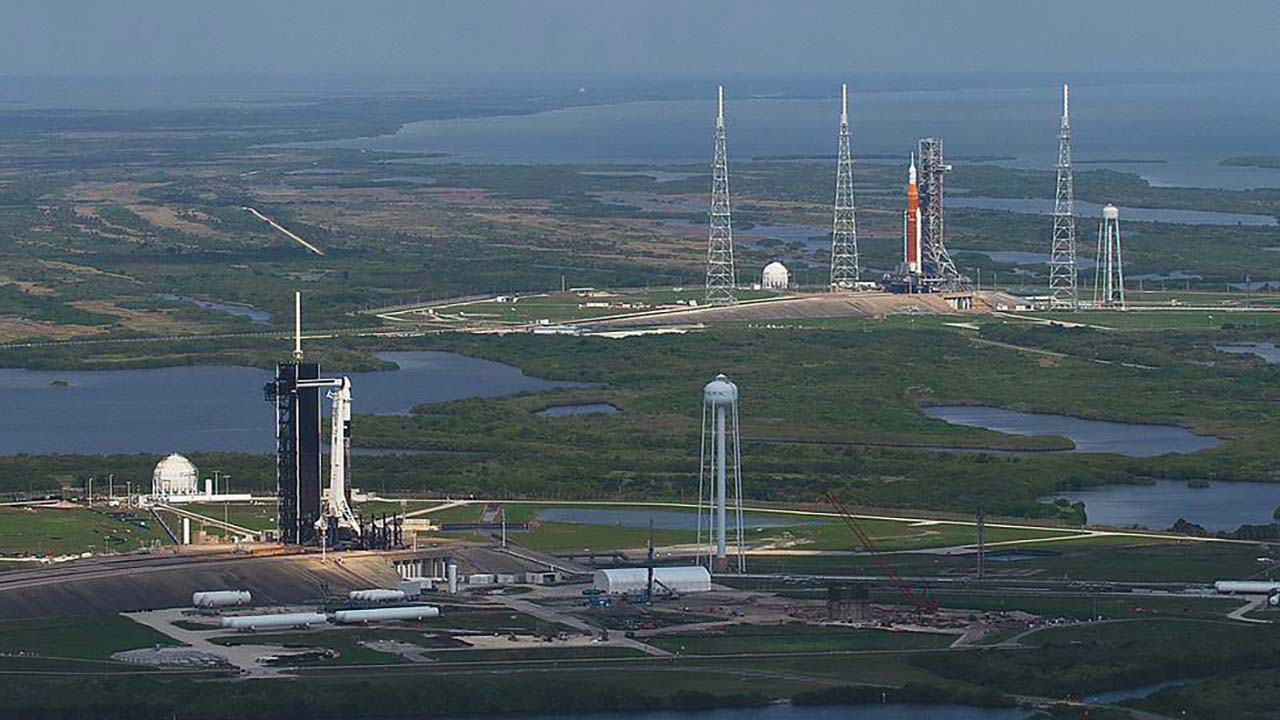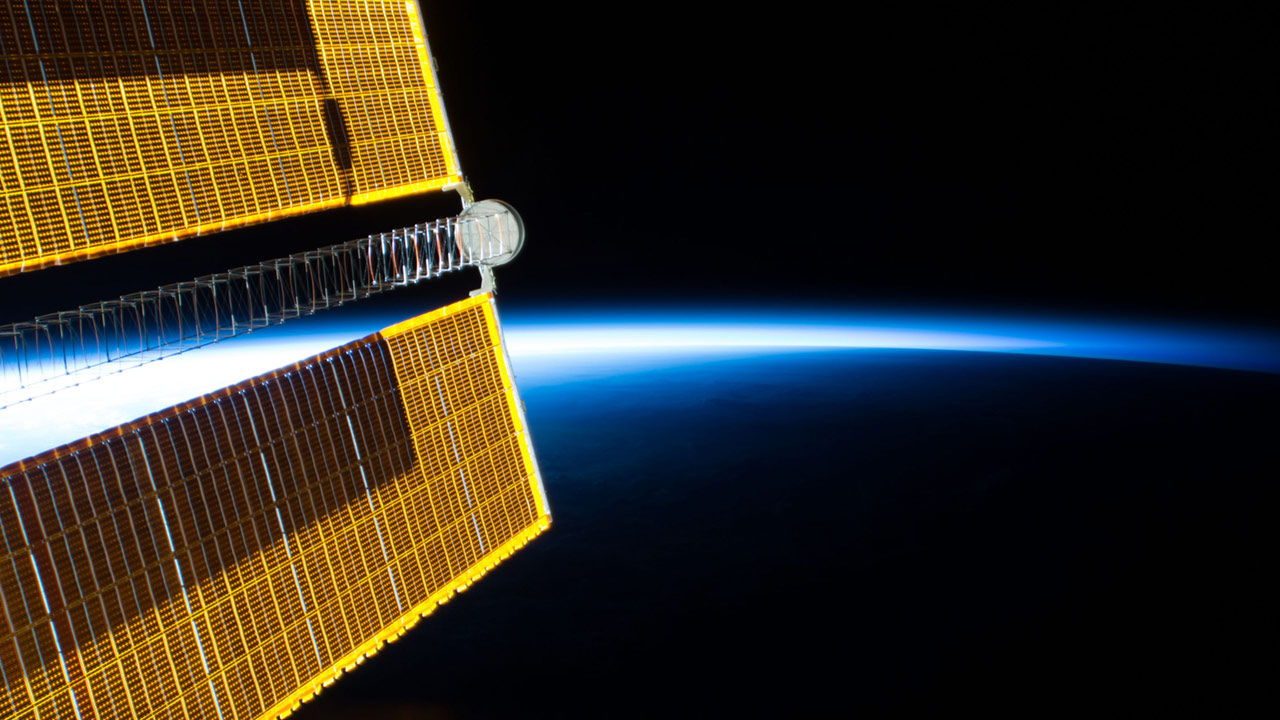For nearly 20 years, astronauts have been continuously living and working onboard the International Space Station (ISS). Recently, NASA highlighted 20 of the most important scientific breakthroughs from research on the orbiting laboratory to coincide with this upcoming anniversary of historic human achievement. These discoveries showcase the diversity of the research and technology development conducted onboard the space station over the last two decades—with some of this science sponsored by NASA, some enabled through the ISS U.S. National Laboratory, and some supported by international partners.
To date, more than 3,000 total research investigations have been done on the space station. Some of these investigations utilized the unique conditions and facilities inside station, while others leveraged the extreme environment of space outside the ISS. Some investigations were heavily supported by astronauts, while others took advantage of the rise of autonomous platforms. The ISS National Lab has worked with Fortune 500 companies, innovative startups, academic institutions, other government agencies, and nonprofits to push the limits of research and development (R&D) on the space station. This valuable R&D includes fundamental science that provides a better understanding of disease and improves patient care on Earth, applied science with direct applications to products for consumers, and the validation of new ISS facilities and capabilities that drive further research opportunities and stimulate a sustainable and scalable market in low Earth orbit.
We congratulate the research community for the breakthroughs that have been achieved so far and look to the future with hopes of additional discoveries that will bring value to our nation and sustain a robust market in low Earth orbit, where multiple partners can take science and innovation to new heights.







